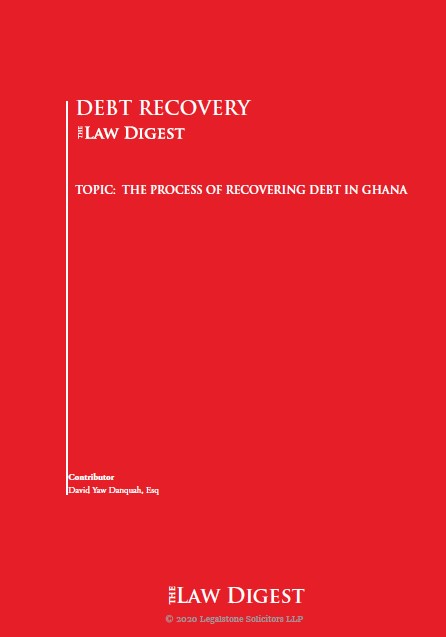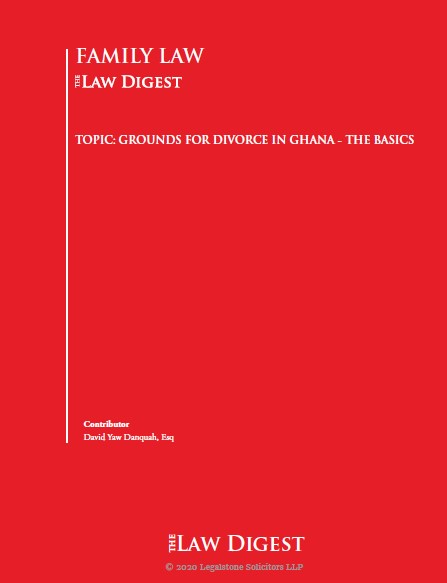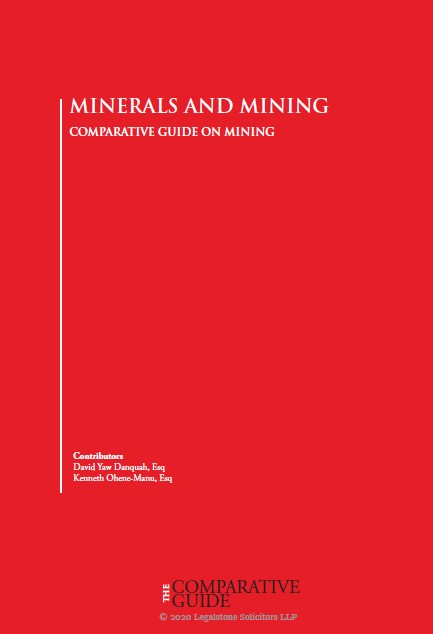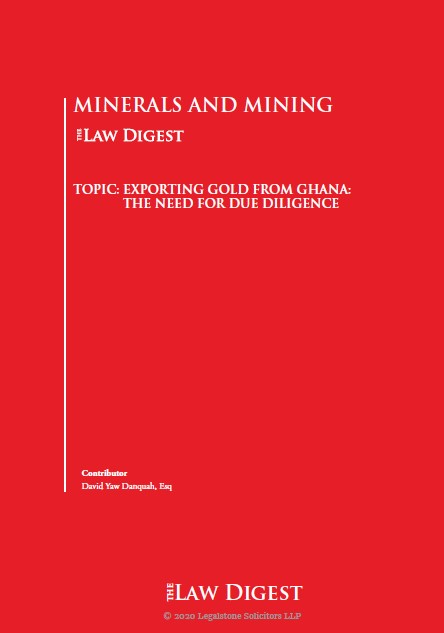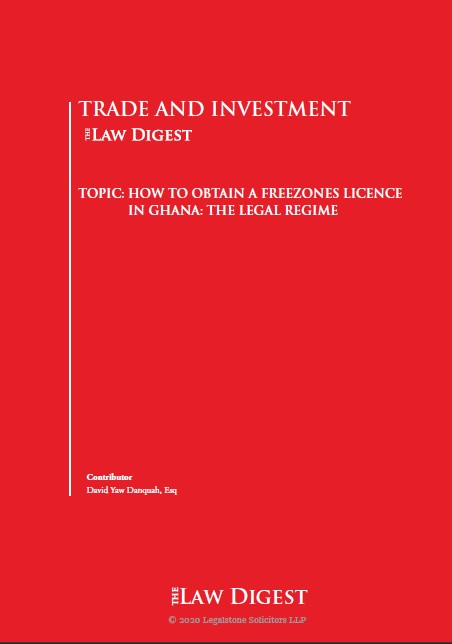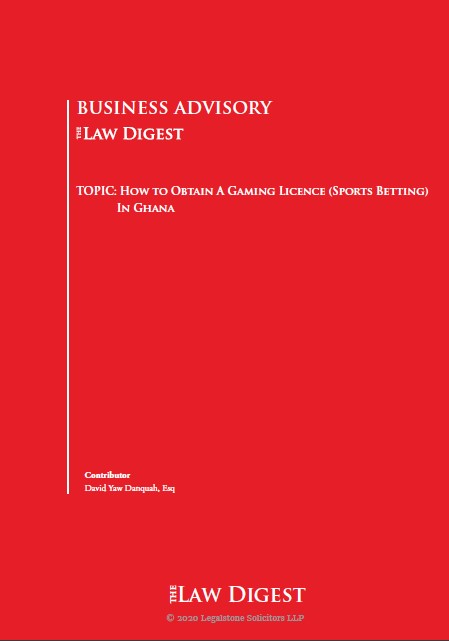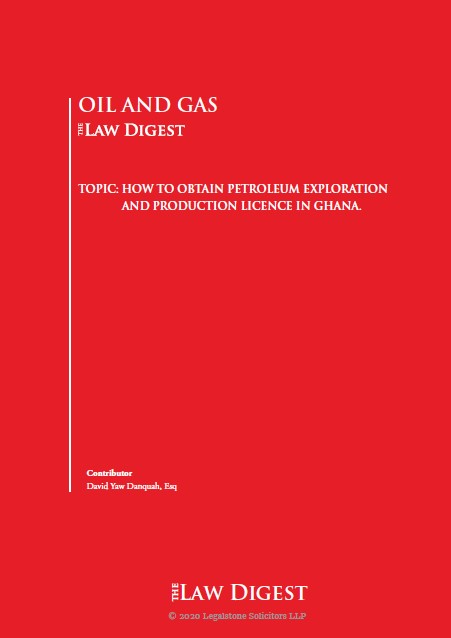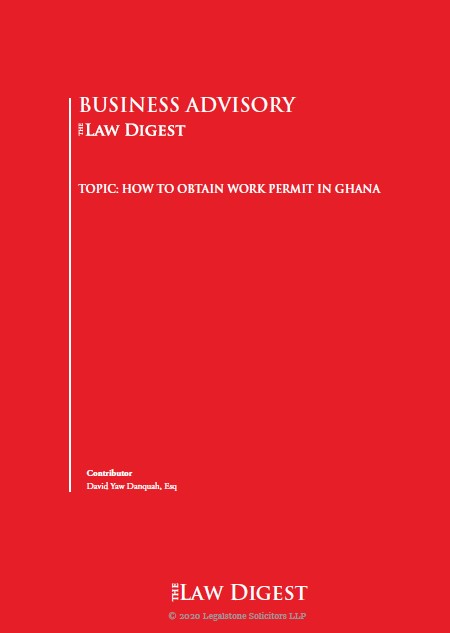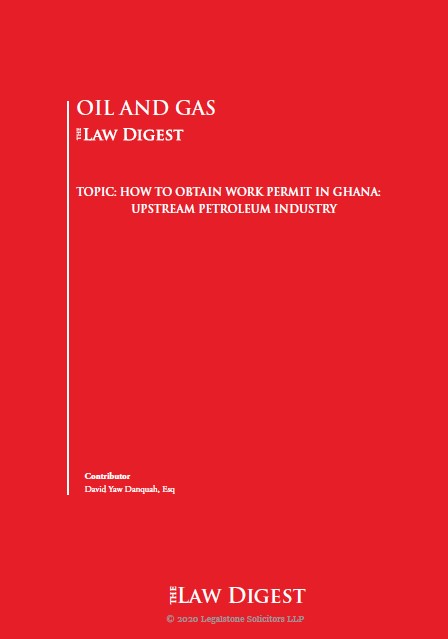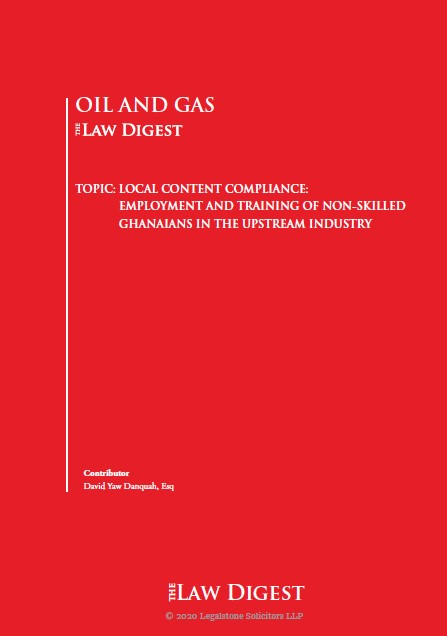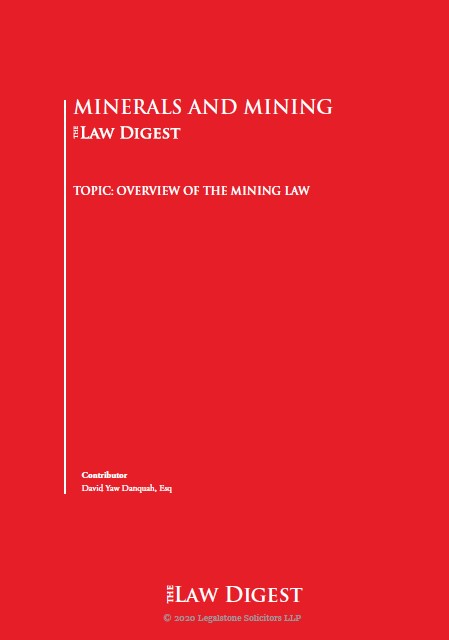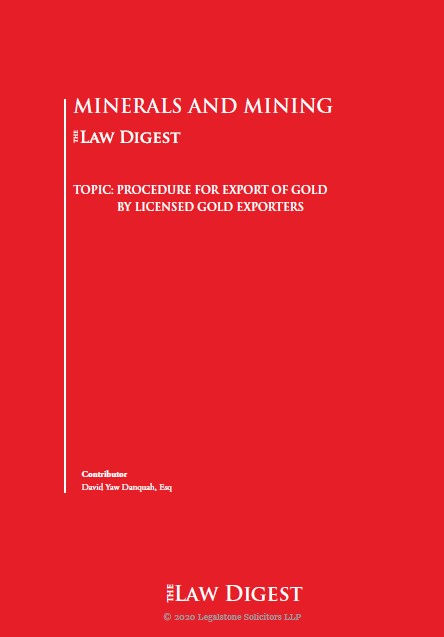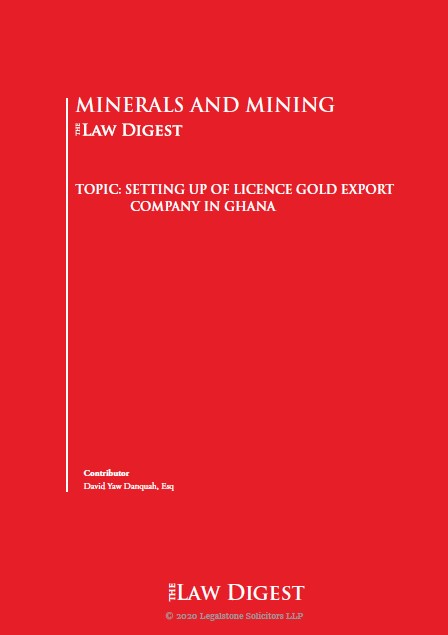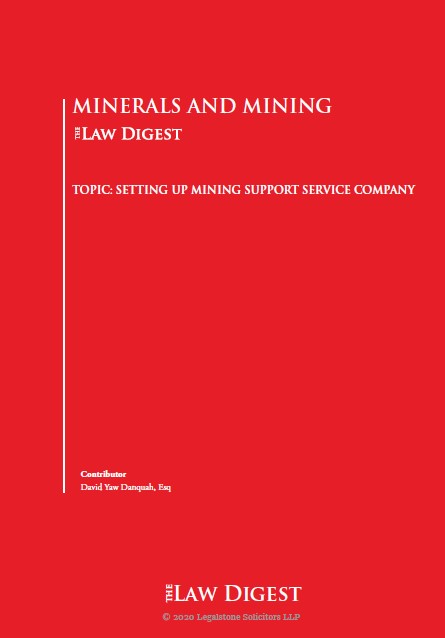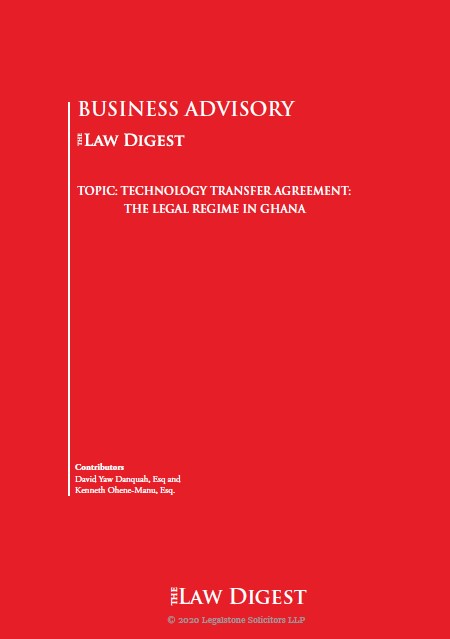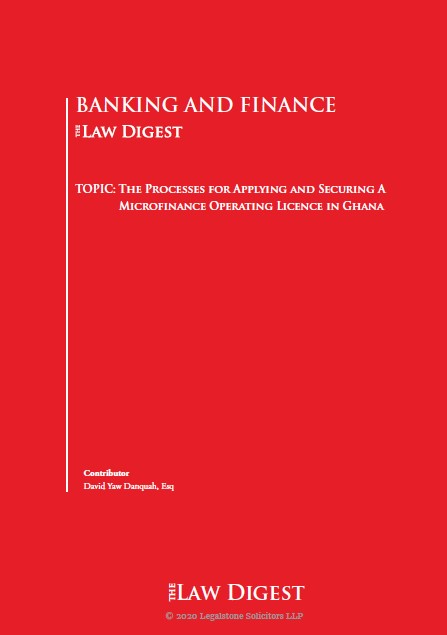
Introduction
A trademark, in general terms, is a word, phrase, design, symbol, or a combination of all these things used to identify and distinguish a particular company’s product or service from those of others.
Trademark registration is the surest way to protect one’s product, service or brand name. Thus, trademark registration is the legal process provided under the Trademark Act 2004 (Act 664) to enable one to protect their brand name or logo by limiting other people from using the same brand name or logo.
In Ghana, trademark registration is not exclusively for Ghanaians. Both Ghanaians and Foreigners are eligible to register trademarks. However, for non-resident foreigners, there is a need for a resident legal practitioner practising in Ghana to file the trademark application on your behalf.
In this regard, the non-resident foreigner must issue a notarized Power of Attorney to the legal practitioner to enable them to file the trademark application.
Applications to the Registrar to register trademarks shall be signed by the applicants or their agents and made upon the prescribed forms. Also, each application shall be for registration in respect of goods in one class only. Therefore, an application submitted for registration with the same mark but in different classes shall be treated as a separate and distinct application.
Why The Need to Register a Trademark?
In our world today, trademarks are important assets. Trademarks are essential in one’s business. Therefore, there is a need to register your trademark to protect your brand names or logos used on goods and services.
The Law Governing Trademark Registration
The registration of any trademark in Ghana must conform to and be governed by the following laws:
- Trademarks Act, 2004 (Act 664) as Amended
- Trademarks Regulations, 1970 (L.I 667)
Trademark Act 2004 (Act 664) regulates how all trademarks and collective marks are registered, issued, and protected. In Ghana, all trademark applications must be filed with the Intellectual Property section of the Registrar General’s Department.
The processes for trademark registration are as follows:
- Preliminary search (optional):
This is done to ensure that no identical trademark has been registered or is pending registration. However, under Regulation 5 of L.I. 667, the Registrar is mandated upon receipt of a trademark application to conduct a search for registered marks and pending trademark applications to ascertain whether there are on record in respect of the same goods or description of goods any marks identical with the mark applied for, or so nearly resembling it as to render the mark applied for likely to deceive or cause confusion.
- Trademark application:
The trademark form is filled out at this stage with the necessary information and then, attaching four copies of your designs or trademark names of the products or services you intend to register. However, suppose the Registrar is dissatisfied with any representation of a mark. In that case, they may require another representation satisfactory to them to be substituted before proceeding with the application.
Furthermore, where the name or representation of any person appears on a trademark, the Registrar may, before proceeding with the application to register the mark, require to be given the consent of that person or, if they are recently dead, of his legal representatives. In default of such consent, he may refuse to proceed with the application.
Again, where a trademark contains a word or words in a language other than English, the Registrar may ask for an exact translation, and if he so requires, the translation shall be endorsed and signed as aforesaid.
- Review of the trademark by the Trademark Registry:
The Trademark Registry reviews all applications to ascertain whether it conforms with the requirements in Act 664.
- Publication and opposition of trademark:
All trademarks application is published for a period of time. In this case, if there is any opposition regarding the application, the person can file for a notice of opposition.
- Certification of trademark:
A certificate is issued to the applicant if there are no oppositions concerning the trademark application.
- Renewal of trademarks:
Renewal of trademarks is done every ten years (10) upon payment of the fee prescribed for renewal.
Notably, the non-use of the trademark for five (5) years following registration makes the registration vulnerable to cancellation.
What is the cost of registering a trademark in Ghana?
In Ghana, the official fee for filing a trademark application is US$615 or its Cedi Equivalent. The breakdown of the fee is stated below.
- Trademark Name Search (Optional) – US$135
- Application Fees – US$240
- Issuance of Certificate – US$240
The Significance of Trademark Registration
Among the many significances includes the following:
- To protect your goods and services from competitors.
- Exclusive rights to use the mark registered in relation to the class of goods and services.
- Provision of legal protection for the owners, preventing others from using similar names or logos that may confuse your consumers.
- Easy identification distinguishes your products or brand from others.
The Benefits of Trademark Registration
- Registration of a trademark becomes intellectual property for a company or the owner. Thus, it can be sold, delegated to, or franchised.
- It grants the owner the right to sue in court if another person or business uses your trademark.
- It allows you to expand to other countries.
Conclusion
Trademark registration is essential as it distinguishes your products or services. Therefore, registering your trademark is imperative to have a unique brand amongst your competitors.
Notes on the contributor.
Mr David Yaw Danquah is the founder and Managing Partner of Legalstone Solicitors, a boutique law firm in Ghana with a concentration on Corporate and Commercial, Mining and Infrastructure, Debt Recovery and Restructuring, Real Estate and Construction Law, and Commercial Arbitration.
He heads the firm’s practice areas focusing on Corporate and Commercial, Mining and Infrastructure, Debt Recovery and Restructuring, and Commercial Arbitration.
David has advised on numerous investment and mining-related transactions. He also has assisted countless international entities in establishing their operations in Ghana and, through his firms, offers support services to those entities. He has an impeccable record of providing technical savvy and exceptional client services.
David is a graduate of Kwame Nkrumah University of Science and Technology (KNUST), Kumasi, where he received his bachelor’s degree in law (LL. B) and the Ghana School of Law, where he studied and received a Post Graduate Qualifying Certificate in Law (PQCL). Furthermore, he holds a Certificate in Negotiation Mastery from Harvard University. In addition, David has an LL.M. with a Merit Degree in International Dispute Resolution from the prestigious Queen Mary University of London, United Kingdom.
David is a member of the Ghana Bar Association, Association of International Petroleum Negotiators (AIPN) and Institute of Energy Law (IEL) based in Houston, U.S.
Legal Notice
The contents of this publication, current at the date of publication set out above, are for reference purposes only. They do not constitute legal advice and should not be relied upon as such. Specific legal advice about your circumstances should always be sought separately before acting based on this publication.
© Legalstone Solicitors

